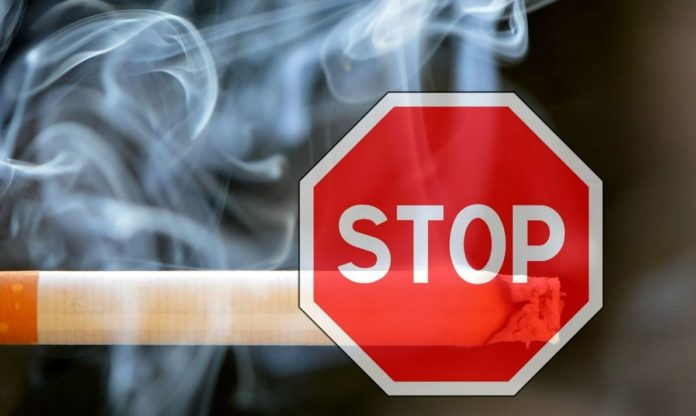The arrival of a new year often brings with it a list of promises we make to ourselves to be better people.
From quitting smoking or eating a lot of sweets, to reading more or going to bed early, how long does it really take our bodies to adapt or quit a habit?
There is a fairly widespread assumption that all you need to establish a new behavior pattern is 21 days.
However, a study conducted by scientists at the University of London showed that, on average, it takes 66 days for a habit to be established. That is, if in 2021 you want to exercise daily, it will most likely take you at least two months to get used to it.
It should be noted, however, that the time taken to form a habit is not exact. The truth is, it can vary significantly from person to person. The research, which examined the progress of 96 people’s new habits over a span of 12 weeks, revealed that it can take as little as 18 days to an impressive 254 days to automate certain behavior.
- Brief Anger Hampers Blood Vessel Function Leading to Increased Risk of Heart Disease and Stroke – New Study
- New Blood Test Pinpoints Future Stroke Risk – Study Identifies Inflammatory Molecules as Key Biomarker
- Enceladus: A Potential Haven for Extraterrestrial Life in its Hidden Ocean Depths
- New Experiment: Dark Matter Is Not As ‘DARK’ As All We Think
- Scientists in Fear of This New Predator From Red Sea Eating Native Species in Mediterranean
But how long does it take us to finally give up an unwanted habit? In reality, this depends on a combination of personality, motivation, circumstances and the habit itself, explains Science Alert.
However, it is believed that the longer you have had a habit, the longer it will take to get rid of it.
“Longtime habits are literally entrenched at the neural level, so they are powerful determinants of behavior,” explains neuroscientist Elliot Berkman, quoted by Science Alert.
In general, people who want to quit their habit for “reasons that are aligned with their personal values” will be able to change their behavior more quickly than those who do so for “external reasons”, such as pressure from loved ones or society.
Furthermore, to successfully break a habit more easily, you need strong motivation to drive it.
